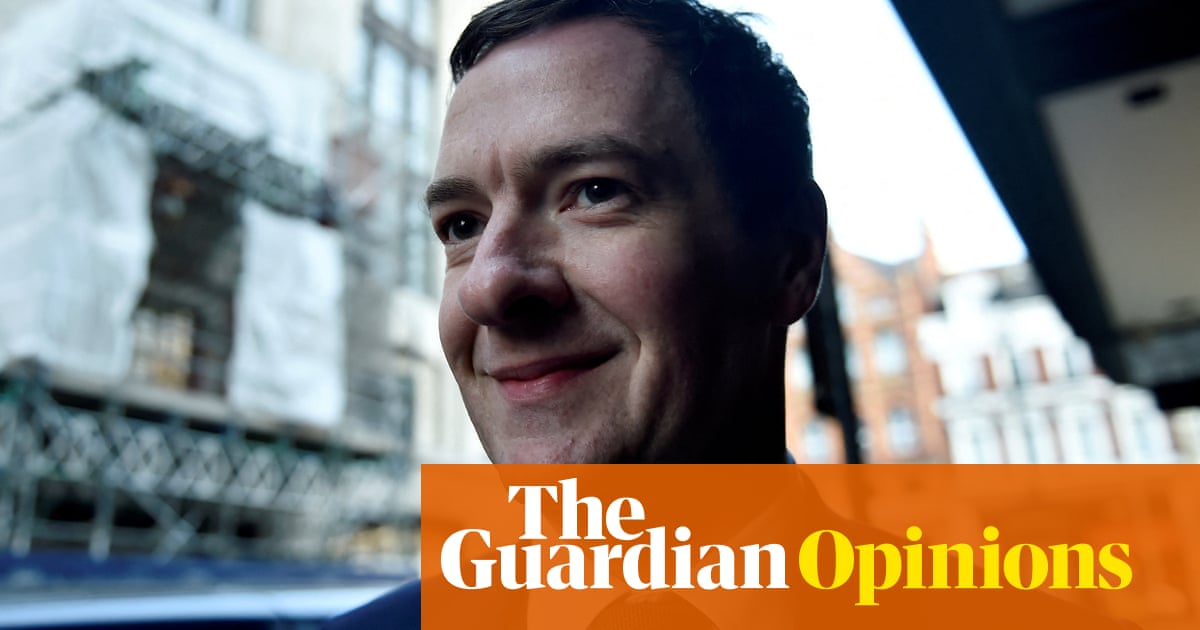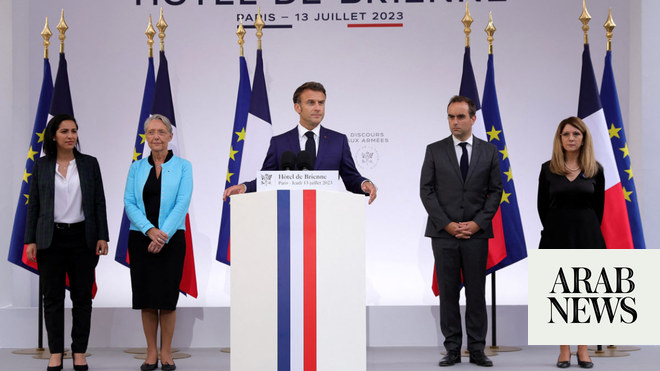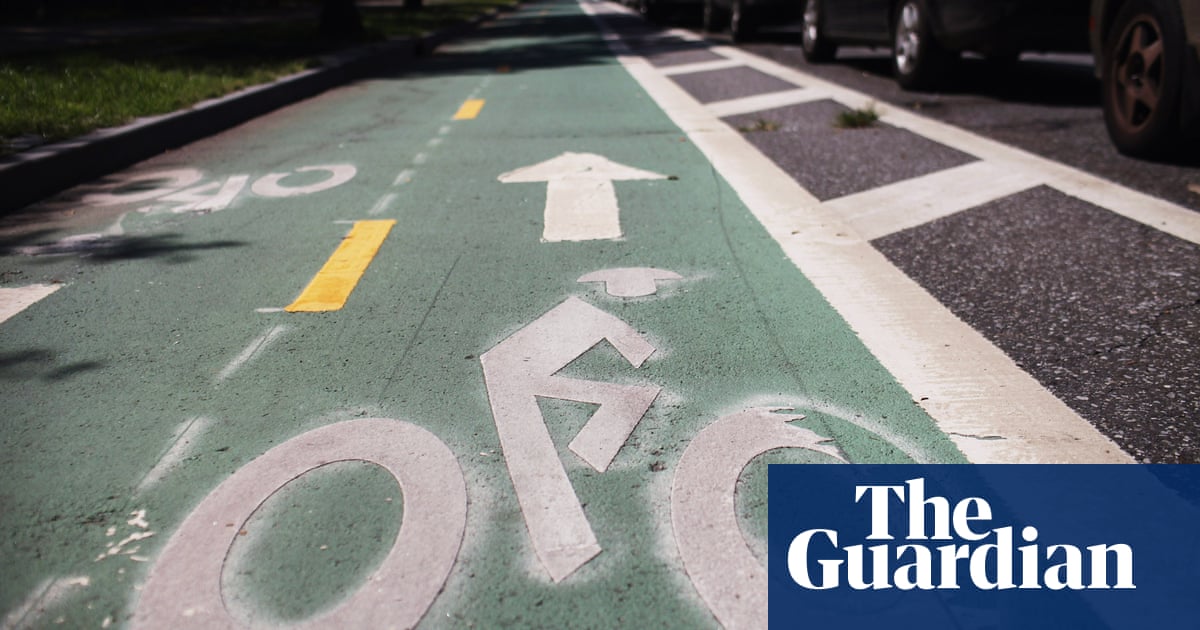
Every riot needs a spark. In 1985, I was a teenager when the Broadwater Farm riot took place just yards away from my home. It was lit by the death of Cynthia Jarrett, who suffered a stroke after police officers searched her home. Ten years ago, the riots that again began in Tottenham were ignited by the death of Mark Duggan, who was shot by the police.
The destruction that followed in both cases was horrific, as peaceful protests were hijacked by violent criminals. In 1985, PC Keith Blakelock was killed. In 2011, eight police officers in Tottenham were hospitalised and more than £200m of damage was caused nationwide. I will never forget walking up Tottenham High Road on the Sunday morning after the night before and seeing bricks through broken windows, alongside burned-out cars and shopfronts, and parents standing on the street in their pyjamas comforting their children. In both cases, the peaceful majority of local residents could only watch as their shops, homes and businesses were senselessly turned into ashes by the flames of the mob.
The trail of petrol that allowed the summer 2011 rioting to spread to thousands of people across London, the Midlands, Merseyside, Manchester, Bristol, Yorkshire and beyond was something new. This was the first set of riots where social media – particularly the then popular Blackberry Messenger – was used to organise the chaos.
In the 10 years since my constituency and many others went up in flames, a succession of Conservative prime ministers have failed to take the action that is needed to shield us from the sparks or dampen the fuel that create riots. The then prime minister, David Cameron, commissioned the riots, communities and victims panel to produce a report outlining the steps needed to stop it happening again. The panel’s report made 63 recommendations, including calling on the government to provide greater support for families, address youth unemployment, improve school attainment, improve police relations and tackle reoffending by young offenders.
However, the government failed to formally accept or reject any of them – and only a handful were ever implemented. Since then, a succession of reports that address unfairness – including deaths in police custody (the Angiolini review), racism in employment (the McGregor-Smith review) and racial bias in the justice system (my own) – have repeated many of the same points. But they too have been mostly ignored.
Instead of acting to strengthen the fabric of society’s fire blanket to reduce the risk of riots, over the past decade the government has decimated police forces, youth services and local authority budgets. While BlackBerry Messenger no longer exists, we are more addicted to our smartphones than ever, trapped in echo chambers served up by social media’s algorithms. Our nation’s divides – between rich and poor, young and old, city-dwellers and townspeople – are widening at an alarming rate. Once again, Tottenham is at the centre of this hardship, with the fastest growing rate of unemployment in the country.
Communities like mine are scarred twice every time a riot happens. First by the physical damage to their homes, shops and possessions, and the violence committed against their family members and friends. Then, after the TV crews have left, the shop windows have been replaced and the streets cleared of rubble, they are hurt again: the residents will wake up in the relative calm knowing that the place they live will always be remembered for the damage caused there instead of what the place has created. No one wants to see a repeat of 1985 or 2011 in Tottenham, elsewhere in London or in any other part of the UK. Boris Johnson should know the pain caused by rioting. In 2011, when he was London’s mayor, he was booed and heckled in Clapham Junction over dissatisfaction at his poor leadership during those difficult August days.
I say this with deep regret: by failing to implement the measures designed to tackle society’s dissatisfaction, alienation and fragmentation, Johnson risks letting a spark set fire to the fuel all over again.
David Lammy is the Labour MP for Tottenham; he is shadow lord chancellor and shadow justice secretary












